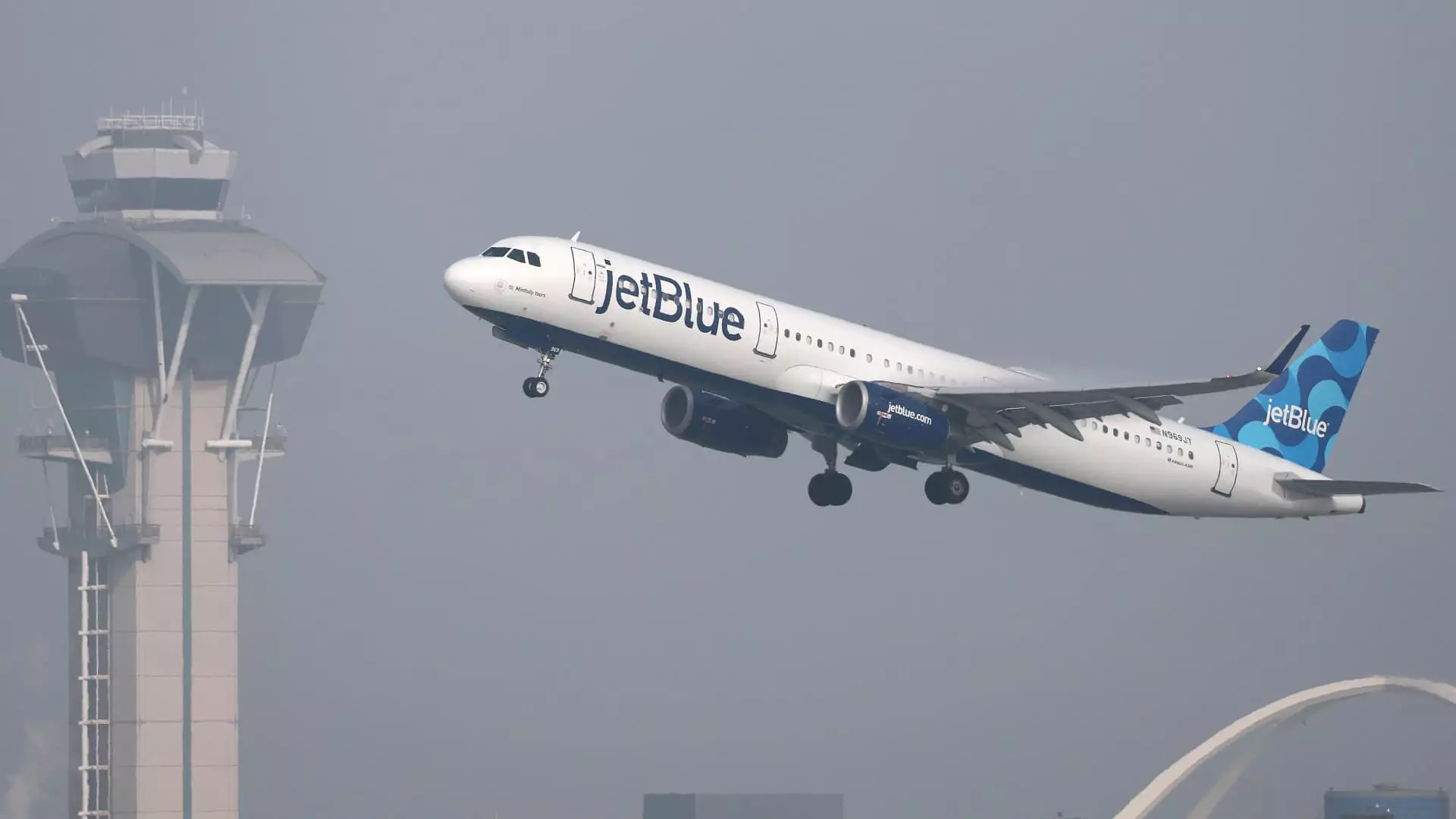In the face of significant legal challenges, JetBlue Airways is actively pursuing new partnerships with various airlines to enhance its competitive standing in the aviation market. The carrier’s president, Marty St. George, disclosed this strategic pivot during a recent Barclays industry conference, emphasizing the necessity of finding accretive deals. This follows a turbulent period that saw the collapse of two high-profile agreements. In 2023, a federal court determined that JetBlue’s collaboration with American Airlines in the Northeast region was anticompetitive, while another judge previously halted the budget airline’s acquisition of Spirit Airlines. This has left JetBlue with the dual challenge of seeking new alliances while grappling with the implications of halted growth strategies.
JetBlue’s ambitions for growth are rooted in the imperative to carve out a stronger position against industry giants like Delta, American, and United Airlines. As JetBlue celebrates its 25th anniversary, it recognizes that strategic partnerships are not just beneficial but necessary to amplify its service offerings. St. George articulated the company’s intent to forge partnerships that would bolster its loyalty program, criticizing the current limitations of its frequent flyer points compared to those of larger competitors. He remarked that customers frequently express dissatisfaction with the value of JetBlue’s loyalty rewards, indicating a vital area for improvement.
The importance of an effective loyalty program cannot be overstated, as it plays a critical role in attracting and retaining customers in a highly competitive industry. JetBlue’s current network lacks a comprehensive global “earn and burn” system, something that potential partnerships could address significantly. By integrating with other airlines, JetBlue can offer its members more extensive options for earning and redeeming points, thereby enhancing its appeal.
Moreover, the integration of partnership networks could enable JetBlue to expand its route offerings significantly. This strategic maneuver would allow the airline to operate more efficiently, providing customers with enhanced travel options without the need for extensive capital investment typically required for a fleet expansion.
JetBlue stands at a crossroads; while the legal challenges imposed constraints upon its growth strategies, they also open doors to new possibilities. By actively seeking partnerships, the airline aims to overcome its previous setbacks and adapt to the increasingly competitive landscape of air travel. The focus on creating beneficial alliances is not merely an operational tactic but also a recognition of the shifting dynamics in the aviation industry.
As JetBlue moves forward, it will need to navigate these potentials carefully, ensuring that any alliances formed align with its long-term vision. Success will hinge on its ability to broaden its market reach while strengthening its reward offerings, creating a more attractive value proposition for consumers. Thus, the challenges of previous years could herald a transformative phase for JetBlue, providing it with a unique opportunity to redefine its place in the industry.


Leave a Reply